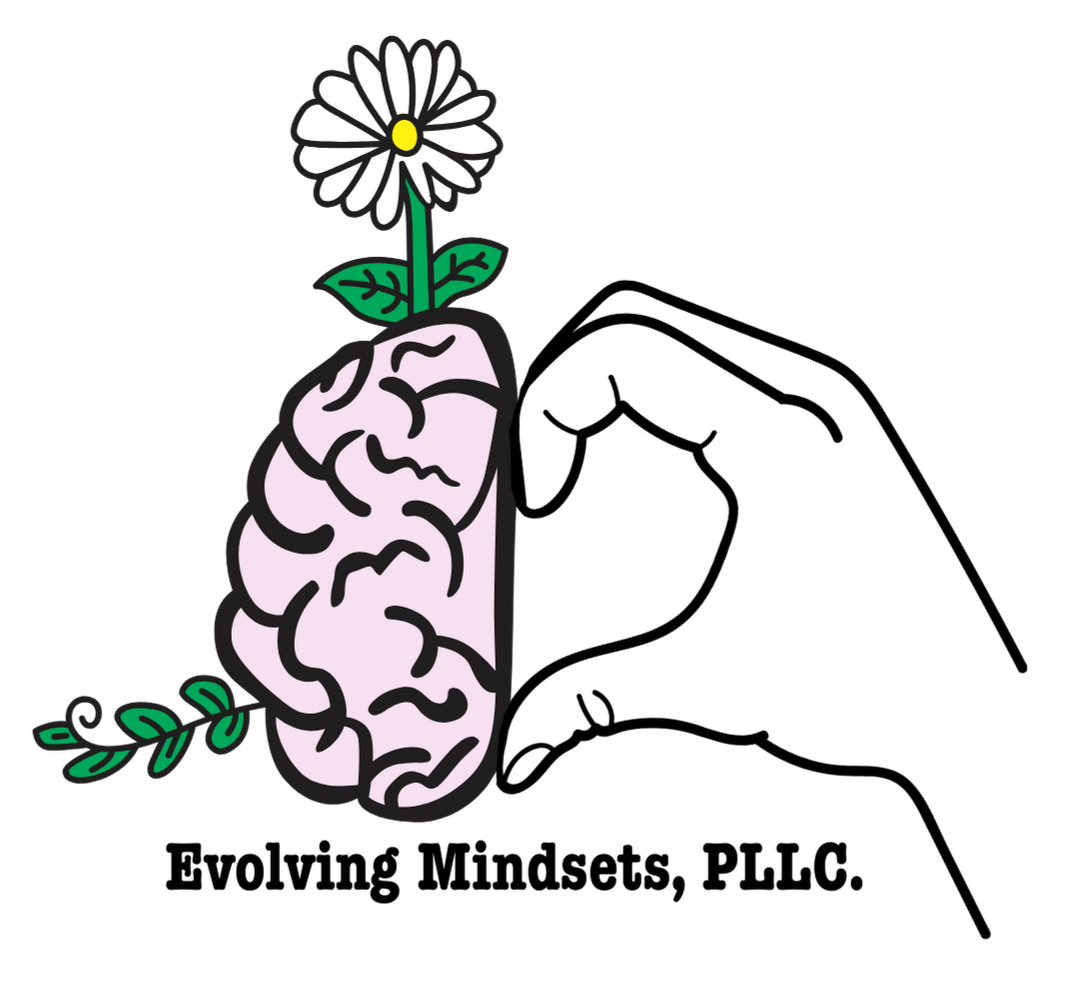🧠 Raising Resilient Kids: Why Coping Skills Are Essential for Emotional Regulation
As parents, we want nothing more than for our kids to feel safe, supported, and capable of handling life’s challenges. But the reality is, life can be overwhelming—especially for children and teens navigating big emotions in a fast-paced, often stressful world.
That’s where coping skills come in.
Helping your child build a strong emotional toolkit isn’t just helpful—it’s critical for their mental health and development.
💡 What Are Coping Skills, and Why Do They Matter?
Coping skills are strategies that help us manage stress, frustration, anxiety, sadness, anger, and other intense emotions. When used regularly, these skills empower children and teens to:
Calm themselves during emotionally charged situations
Think clearly and make healthier decisions
Feel more in control of their reactions
Build resilience and self-confidence
Without healthy coping strategies, kids may turn to avoidance, outbursts, shutdowns, or unhealthy behaviors (e.g., excessive screen time, isolation, or risky behavior) as ways to escape or numb their feelings.
🧠 The Link Between Coping Skills & Emotional Regulation
Emotional regulation is the ability to understand, manage, and express emotions in a healthy way. This is not something children are born knowing how to do—it’s a skill that develops over time, and one that’s heavily influenced by the adults in their lives.
When children and teens learn how to self-regulate through coping skills, they’re better able to:
Focus in school and at home
Build stronger relationships
Reduce anxiety and emotional overload
Handle disappointment, conflict, and failure
In other words, healthy coping skills don’t just help in the moment—they build the foundation for lifelong emotional well-being.
🛠️ How Parents Can Support Healthy Coping
Here’s how you can help your child develop effective coping strategies:
1. Model Coping Skills
Kids learn by watching. When they see you take deep breaths when you're upset, go for a walk to clear your head, or talk about your feelings calmly—they learn to do the same.
2. Name the Feelings
Help your child identify what they’re feeling. You might say:
👉 “It looks like you’re feeling really frustrated right now. Want to talk about it or take a break?”
Labeling emotions is the first step toward regulating them.
3. Practice Together
Try deep breathing, journaling, physical activity, or mindfulness as a family. Coping doesn’t have to be a solo skill—it can be something you normalize and practice as part of daily life.
4. Encourage Healthy Outlets
Support your child’s interests in creative or physical outlets (like sports, art, music, or writing) that allow them to process and release emotions.
5. Validate and Listen
Avoid minimizing their struggles. Instead of saying “It’s not a big deal,” try:
👉 “That sounds really hard. I’m here for you.”
Validation helps them feel safe opening up and less alone in their emotions.
✅ Examples of Healthy Coping Strategies for Kids & Teens
Deep breathing or guided imagery
Physical activity (walk, bike ride, dance)
Listening to music
Drawing, journaling, or doodling
Talking to a trusted adult or peer
Positive self-talk (e.g., “I can handle this.”)
Taking a break from screens or stressful environments
Practicing mindfulness or gratitude
💬 Final Thoughts
Helping your child or teen develop coping skills isn’t about avoiding negative emotions—it’s about equipping them to handle those emotions in a healthy, productive way. When kids know how to cope, they become more confident, independent, and emotionally aware.
Start small, be consistent, and remember: every moment of support you offer now strengthens their ability to navigate life with resilience later.
